Search
Research
Development of a sustained release implant of benzathine penicillin G for secondary prophylaxis of rheumatic heart diseaseRegular intramuscular (i.m.) benzathine penicillin G (BPG) injections have been the cornerstone of rheumatic heart disease (RHD) secondary prophylaxis since the 1950s. Patient adherence to IM BPG is poor, largely due to pain, the need for regular injections every 3-4 weeks and health sector delivery challenges in resource-limited settings. There is an urgent need for new approaches for secondary prophylaxis, such as an implant which could provide sustained penicillin concentrations for more than 6 months.
Research
Understanding valvular heart disease in the dental settingLimited evidence is available regarding dentists' knowledge and interpretation of infective endocarditis (IE) prophylaxis guidelines. The aim of this study was to determine understanding and management of rheumatic and non-rheumatic valvular heart disease (VHD) in the dental setting in Western Australia (WA).
Research
Ending rheumatic heart disease in Australia: the evidence for a new approachThe RHD Endgame Strategy: the blueprint to eliminate rheumatic heart disease in Australia by 2031 (the Endgame Strategy) is the blueprint to eliminate rheumatic heart disease (RHD) in Australia by 2031. Aboriginal and Torres Strait Islander people live with one of the highest per capita burdens of RHD in the world.
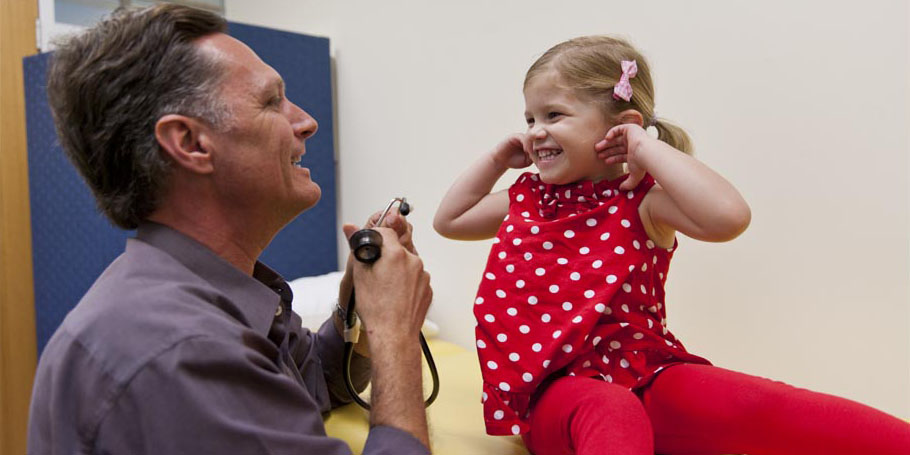
News & Events
National honour for The Kids DirectorLeading paediatrician, infectious diseases specialist and Executive Director of The Kids Research Institute Australia, Professor Jonathan Carapetis, has been recognised for his significant contribution towards medical research with the award of Member of the Order of Australia (AM).
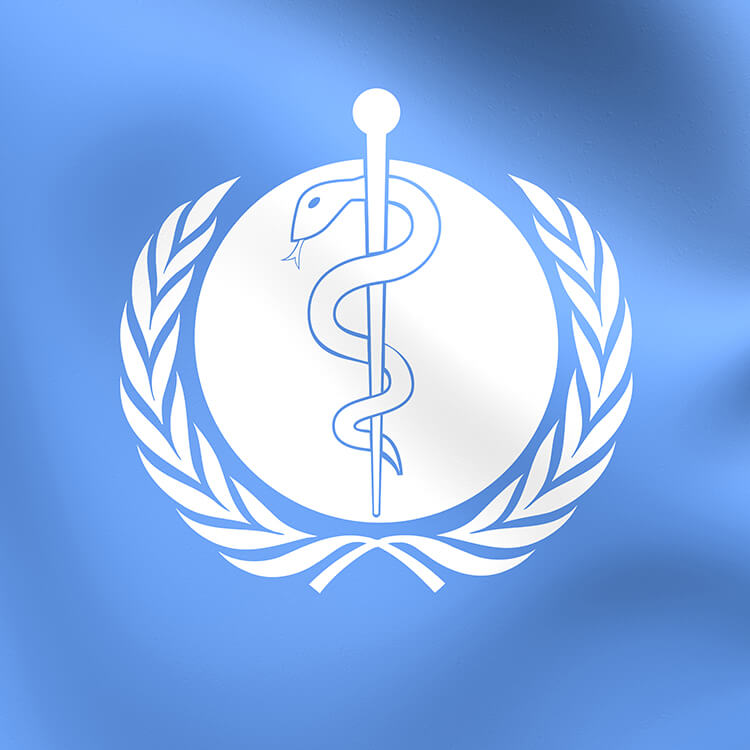
News & Events
Australia a key contributor to global commitment to end deadly rheumatic heart diseaseThe World Health Organisation resolution for global action to tackle rheumatic heart disease (RHD) will have significant implications for Australia, which has some of the highest rates of the disease in the world.
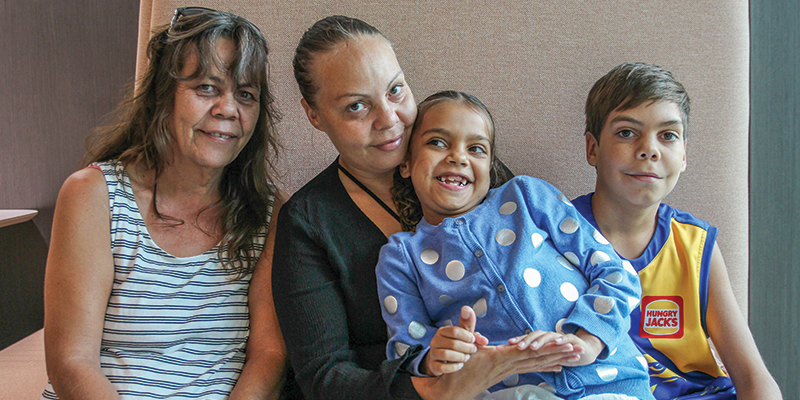
News & Events
Finding answers for Tenaya: from a sore throat to open-heart surgeryWhen Katrina took her daughter Tenaya to the local emergency department for the fourth time, she was determined she wouldn’t be leaving without answers.
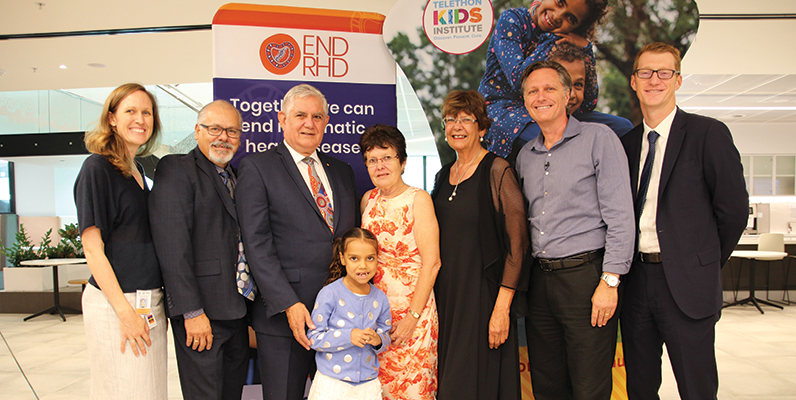
News & Events
Ending deadly heart disease finally within our sightsIt's been a huge year for those working to eliminate rheumatic heart disease (RHD), with breakthroughs including $35M in funding to develop a Strep A vaccine.
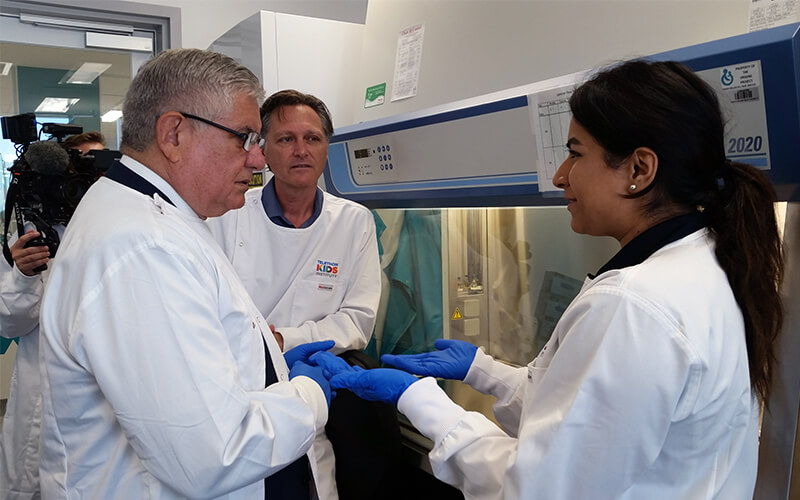
News & Events
$35 million to develop vaccine with potential to save half a million lives per yearA vaccine to prevent rheumatic heart disease (RHD) and other life-threatening conditions caused by the common Strep A bacteria is a step closer thanks to funding announced by Minister for Indigenous Health, Hon Ken Wyatt AM, MP, in Perth today.

News & Events
Partnering with communities to reduce rheumatic heart disease in the KimberleyThe Kimberley has the highest rates of rheumatic heart disease (RHD) in Western Australia – but through the establishment of a new community-led, research-backed project known as END RHD Communities, there’s hope this will change.
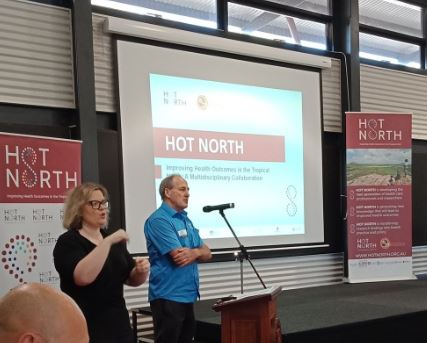
News & Events
Expert researchers converge on Broome to tackle health challenges in Northern AustraliaOver 100 researchers and health professionals from around Australia have united in Broome this week to address the major health battles facing people living in the tropical north of the country.
